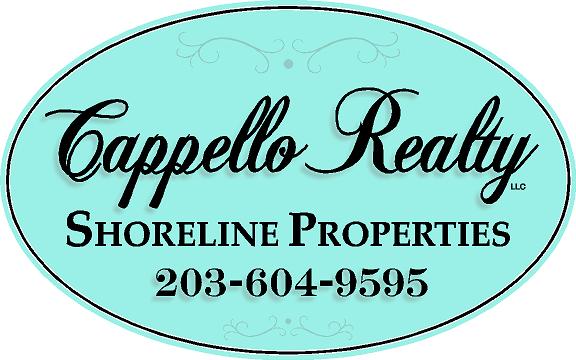
Common-interest housing includes individually owned spaces and common areas shared by all owners. The common areas can include clubhouses, landscaping, parking lots or pools. Multistory buildings share lobbies, stairwells, and elevators. Any community that shares property including single-family free-standing homes in developments, falls into the common-interest category.
The two most familiar types of common-interest housing terms are condominiums (or condos) and townhomes (or townhouses). Although both belong in the category of common-interest housing, condos and townhouses may mean different things depending on regional or legal definitions.
The Difference
A condo is a shared building or group of buildings and common spaces in which housing units are owned individually. This could be a single unit within a tower building or a conjoined home having its own ground floor with exterior entry. Other homes in the condominium category include single-family cottages or even modular homes inside planned communities. When you purchase a condo, you own the unit itself while you are a co-owner of the common areas.
A townhome is a style of house that is connected to another structure on at least one side. It may be solely owned by an individual as part of a CID, part of a multi-family apartment dwelling, or individually owned without property in common. A true townhome is built with independent sidewalls that stand alone even if they touch the walls of another townhome. When you purchase a townhouse, you own the unit itself and whatever yard area is affiliated with it as you would with a detached single-family house.
While condominium units might incorporate elements like private outdoor spaces, individual ground-floor entry options or design elements that resemble those of a townhome, it is ownership that truly defines them.
Homeowners’ Association
All CID properties have a homeowners’ association (HOA) of some sort. While some are mainly hands-off with regard to individual units, others have specific regulations regarding renting, remodeling, and exterior décor.
If you are trying to decide between purchasing a condominium or a townhouse, have your agent explain the differences in common ownership between them, and make certain to factor in the HOA fees to your monthly budget.
About the Author

Linda Cappello, Broker, GRI, ABR
Linda A. Cappello, Owner/Broker of Cappello Realty Shoreline Properties. Cappello Realty is a full service boutique Real Estate firm that specializes in 06855 - East Norwalk, and services all of Norwalk and Fairfield County, CT. Linda has been in the Real Estate business for 20+ years, spending 18 of them as a Owner/Broker. Being a Broker adds a lot responsibility to her job. She is responsible for overseeing every transaction and agent in the office. This is a challenge that she looks forward to and takes very seriously. She is constantly taking continuing education classes and attending seminars to keep abreast of the ever changing market as well as the industry standards, rules and regulations.
She is a native to East Norwalk, and has an in-depth knowledge of the city that she loves, as well as the intricacies of the many unique neighborhoods and areas that Norwalk offers. Linda offers her clients a network of professionals ranging from Attorneys, Mortgage Brokers, Home Stagers and Home Inspectors to any and all pros that you may need for a successful transaction and for the convenience of her clients.
"My job doesn't end at the closing table. It goes far beyond that, keeping in touch and staying friends who refer their family and friends. A lot of my business is referral business which is the greatest accomplishment and honor of all. Earning my clients trust."
